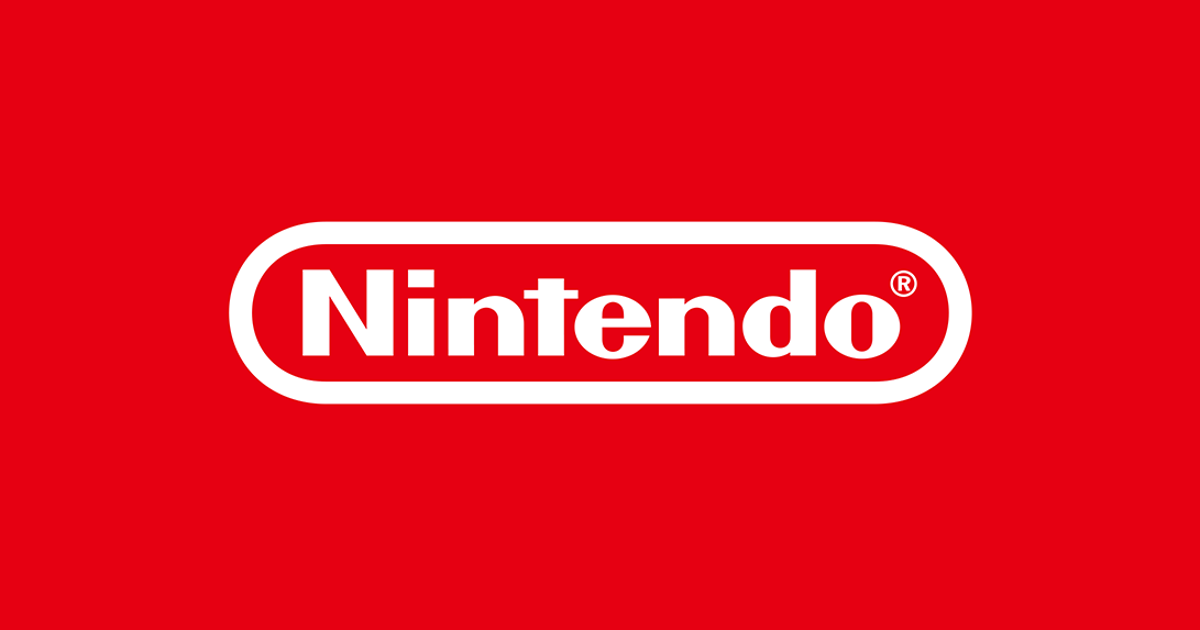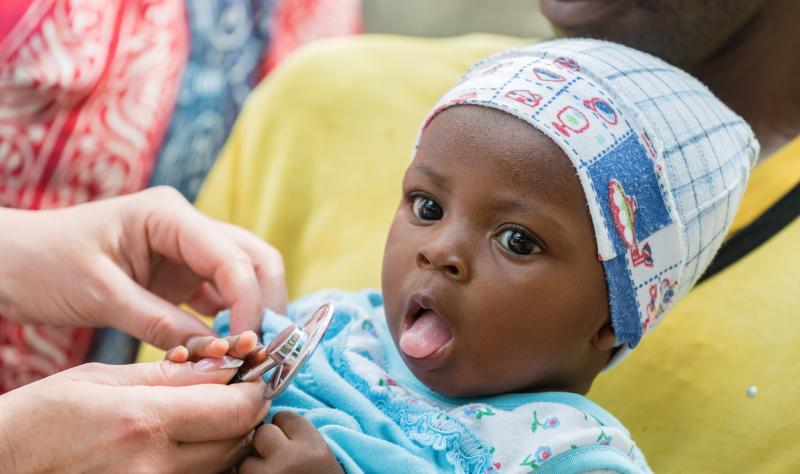Nintendo has announced hackers did not take any development or business information when they accessed its systems last week.
Last weekend, hackers claimed they had “breached” Nintendo servers and stolen internal data, providing a…

Nintendo has announced hackers did not take any development or business information when they accessed its systems last week.
Last weekend, hackers claimed they had “breached” Nintendo servers and stolen internal data, providing a…
New York
—
US stocks turned lower Thursday as jitters spread on Wall Street about credit market turmoil and regional banks’ exposures to bad loans.
The Dow fell 410 points, or 0.9%. The broader S&P 500 also dropped by 0.9%, and the tech-heavy Nasdaq Composite moved 0.8% lower.
Volatility has returned to Wall Street amid rising US-China trade tensions, concerns about historically expensive stocks and brewing trouble in the banking industry.
Regional bank shares tumbled Thursday after two lenders disclosed issues with borrowers, stoking nerves about the health of the credit market — and the potential for negative spillovers into the stock market and broader economy.
Zions Bancorp (ZION) sank 12% after the bank disclosed it would take a $50 million loss in the third quarter because of a bad loan. Western Alliance Bancorp (WAL) dropped 10.5% after it disclosed it is suing a borrower over allegations of fraud.
“Credit quality worries are plaguing Wall Street today as fears mount that there are multiple large lenders with heavy exposure to problematic loans with limited collateral,” said José Torres, senior economist at Interactive Brokers.
The disclosures come on the heels of auto lenders First Brands and Tricolor Holdings declaring bankruptcy in September. Nerves are rising that big banks are tied up in loans that might not get repaid.
Jefferies (JEF) sank 10% Thursday as the bank wrestles with the fallout from having exposure to First Brands.
“Everyone is asking is that a canary in the coal mine?” Michael Block, market strategist at Third Seven Capital, told CNN’s Matt Egan. “They’re supposed to be the smartest guys in the room.”
“Everyone is waiting for a shoe to drop,” Block said. “There is a little baby shoe dropping in the form of Jefferies. It could be a false alarm or it could be that where there is smoke, there is fire.”
Wall Street’s fear gauge, the VIX, jumped 20% and traded at its highest level since May.
About 80% of companies in the S&P 500 were trading lower. The KBW Nasdaq Regional Bank index sank 6.5%.
Gold futures surged 2.5% to surpass $4,300 a troy ounce as investors rushed into safe havens. Silver futures gained 3% and hit another record high.
Investors snapped up bonds, pushing yields lower. The 10-year yield fell below 4% and hit its lowest level since April. The two-year yield fell to 3.42% and traded at its lowest level since 2022.
JPMorgan Chase CEO Jamie Dimon said on his company’s earnings call on Tuesday that he is concerned about the credit environment. JPMorgan disclosed it had a $170 million exposure to Tricolor.
“These are early signs there might be some excess out there,” Dimon said on the earnings call, “If we ever have a downturn, you’re going to see quite a bit more credit issues.”
“I look at asset prices being very high, credit spreads being very low…I’d feel more comfortable if that weren’t true because that’s a long way to fall,” Dimon said on Thursday at the annual Institute for International Finance meeting.
“And it seems to me the market kind of thinks everything’s going to be fine, and you know, I’m not quite so sure of that,” Dimon said.
This request seems a bit unusual, so we need to confirm that you’re human. Please press and hold the button until it turns completely green. Thank you for your cooperation!

Actress Diane Keaton died on Saturday after falling ill with pneumonia, according to a death certificate obtained by CNN.
Specifically, Keaton’s cause of death was listed on the document…

The latest in a series of randomized controlled trials investigating the potential of mass azithromycin administration to reduce childhood mortality in Africa has found the practice did not result in lower mortality in infants 1 to 11 months of…
This request seems a bit unusual, so we need to confirm that you’re human. Please press and hold the button until it turns completely green. Thank you for your cooperation!

Barbara Palvin appeared in the Victoria’s Secret Fashion Show on Wednesday, Oct. 15. while recovering from an injury.
The 32-year-old Hungarian model walked the runway in several different ensembles during the night. And although not noticeable…

The event has grown into a truly global affair, with more than 30 countries across six continents…

Biotechnology company Peptilogics announced today that it has completed a $78 million financing round to support a phase 2/3 trial of its investigational treatment for prosthetic joint infections (PJIs).
The upcoming randomized controlled trial will enroll 240 patients beginning in December to determine whether zaloganan, an antibacterial and antibiofilm peptide developed by the Pittsburgh-based company, is superior to the current standard of care for PJIs in reducing clinical failure rates. The trial will also evaluate hospitalization duration, readmission rates, and the need for additional surgical procedures. Failure rates for current approaches range from 15% to 50%.
An estimated 45,000 PJI cases occur in the United States each year, and more are expected as the population ages and the number of knee and hip replacements rises.
Zaloganan works by targeting and disrupting bacterial membranes and has demonstrated broad-spectrum activity against a wide range of pathogens. In a phase 1 trial in patients with PJIs, which are mediated by biofilms from the causative pathogens that grow on implanted hardware, 13 of 14 patients who received zaloganan irrigation during debridement, antibiotics, and implant retention procedures remained infection-free at 12 months.
“Biofilm is the common enemy and the reason why existing standard-of-care surgical interventions fail, even with systemic antibiotics,” Peptilogics CEO Nick Pachuda, DPM, said in the press release. “Zaloganan quickly penetrates the biofilm locally and kills the hiding bacteria.”
Among the investors in the Series B2 financing round is the AMR Action Fund, which was launched in 2020 to help companies developing promising treatments for antibiotic-resistant infections.
“Periprosthetic joint infections are a striking example of how antimicrobial resistance is rapidly undermining modern medicine,” said AMR Action Fund CEO Henry Skinner, PhD. “The financial costs, diminished quality of life, and mortality associated with such infections are frankly unacceptable, and we are pleased to support the Peptilogics team as they advance zaloganan through the clinic and toward patients in need.”
In January the Combating Antibiotic-Resistant Bacteria Biopharmaceutical Accelerator (CARB-X) awarded Peptilogics $3.3 million to develop a slow-release version of zaloganan.